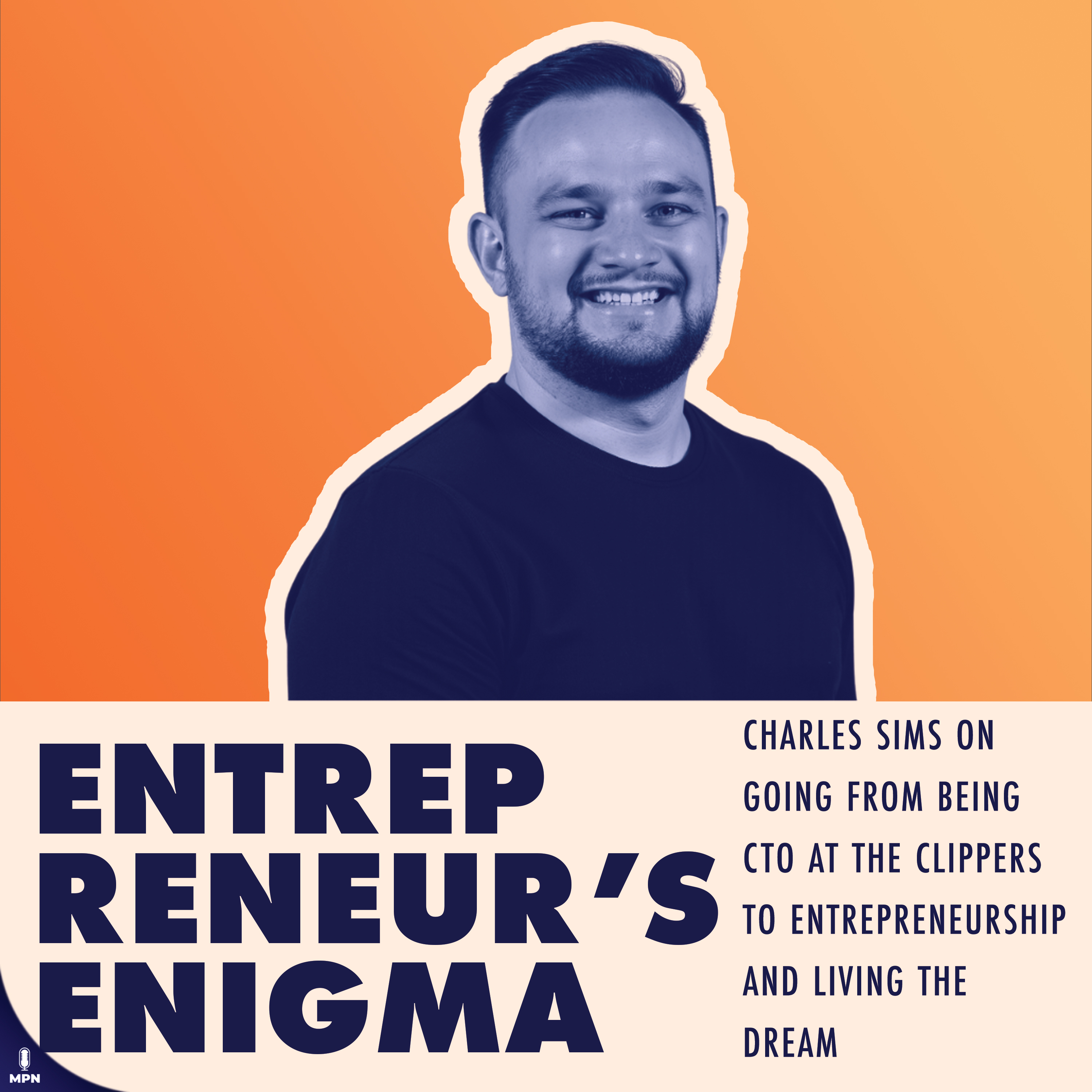Entrepreneur's Enigma

Pillars Discussed
Relationship-Building as Risk Reduction
Empathetic Communication
Introduction:
In this conversation, I share my unconventional path—from management consulting into the high-pressure world of sports and entertainment technology. One of my earliest crash courses came when I joined the LA Clippers. The previous head of IT left without a shred of documentation, and I found myself hauling an entire server rack across downtown LA and setting up a 200-person office—over a single weekend.
The pandemic threw another curveball, forcing us to shift 300+ employees to remote work in just 24 hours. On top of that, we had to figure out how to produce a virtual NBA playoff experience—something no one had ever done before. Those moments taught me a lot about adaptability and leadership under pressure.
Later, at United Talent Agency, I worked in an environment where agents were closing multi-million dollar deals over lunch. It was intense, fast-paced, and gave me a front-row seat to how entertainment and technology collide. Eventually, I made the leap to build something of my own—a venture studio powered by AI.
At the heart of everything I do is what I call empathetic innovation—solving real problems by putting people first. And when it comes to startups, I’ve learned that success often comes down to just two out of three key roles: a technical executor, a commercialization visionary, and an investor communicator. If you have two of those, you’re off to a strong start.
Key Topics I Covered:
Crisis Technology Leadership
I'll be honest—when the pandemic hit, none of us were prepared for what came next. Moving 300+ people to remote work in 24 hours taught me that sometimes you just have to figure it out as you go. What I discovered was that people are incredibly resilient when they feel supported. The virtual playoff experience we created wasn't perfect, but it worked because our team pulled together. These moments reminded me that effective leadership during crisis isn't about having all the answers—it's about staying calm and helping others navigate uncertainty.
Empathetic Innovation Philosophy
I was fortunate to learn from my mother, who had this incredible gift for translating complex technical concepts without talking down to anyone. What I've tried to carry forward is this idea that you can push innovation hard while still bringing people along with understanding rather than force. I've learned that when people resist technology, there's usually a good reason. My job isn't to overcome that resistance—it's to listen to it and find solutions that actually work for everyone involved.
Technical Translation Mastery
I've been lucky to work with everyone from NBA executives to Hollywood agents, and what I've realized is that most communication problems aren't about intelligence—they're about translation. I'm not the most technical person in any room, but I've learned to listen for what people actually need and then figure out how to explain technical concepts in ways that make sense to them. It's less about being brilliant and more about being genuinely curious about how others see the world.
Building Something That Helps Others
The venture studio work has been humbling because it's reminded me how hard entrepreneurship really is. What I've tried to create is a system that democratizes access to the tools and knowledge that were previously only available to people with certain connections or backgrounds. I've made plenty of mistakes along the way, but what keeps me motivated is seeing entrepreneurs who might not have had a chance otherwise get the support they need to turn their ideas into something real.
.svg)


